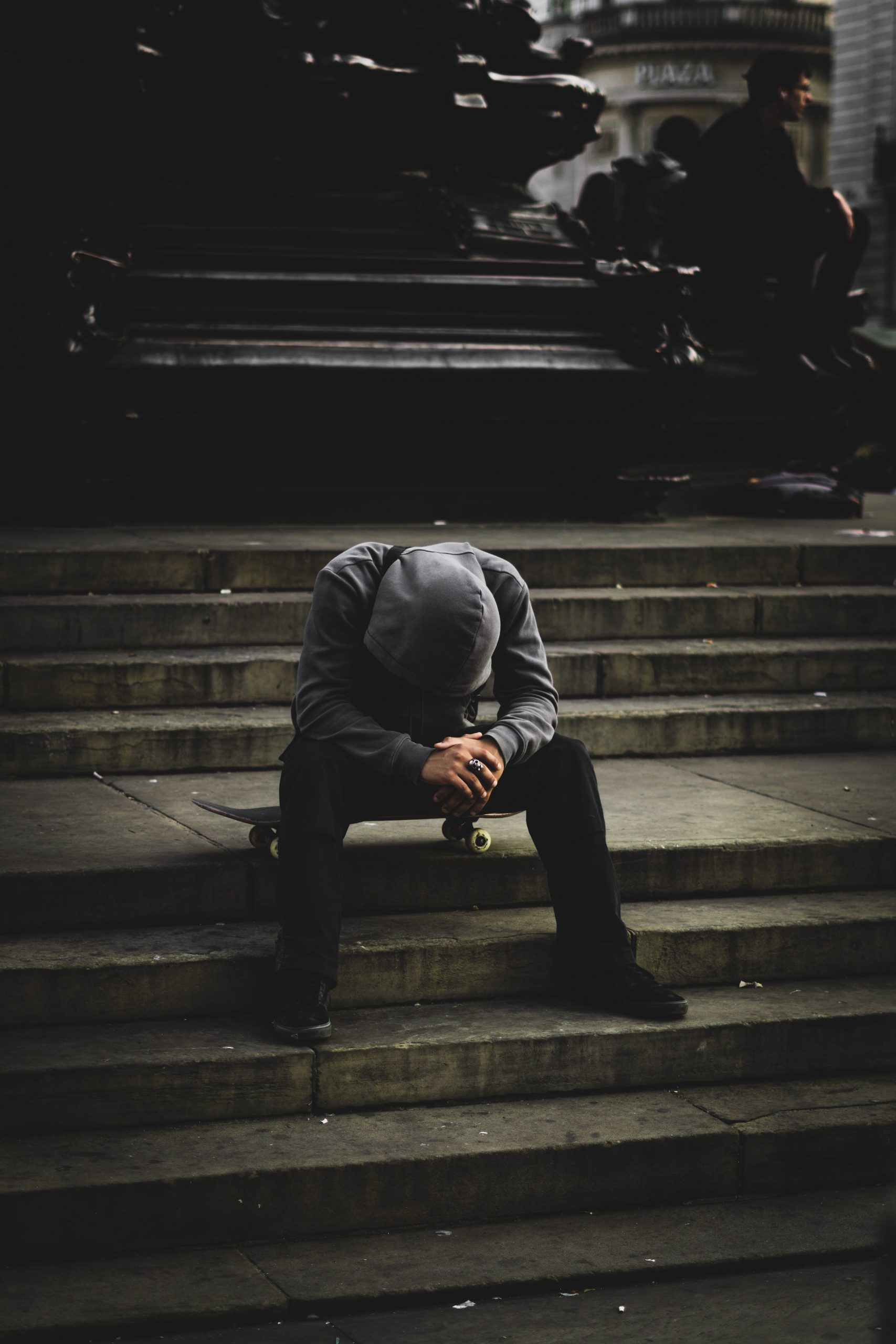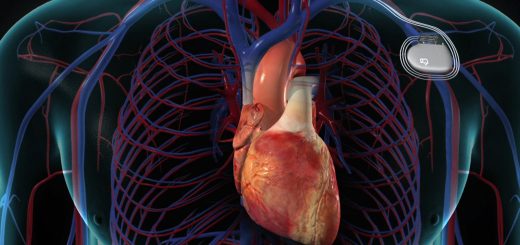Everything You Need To Know About Anxiety in 2022 (Part 2)
In life, there are events for which it is not always possible to anticipate or control and for which it is legitimate to be more anxious and more stressed than usual: loss of a job, health problems, financial difficulties… However, it also happens that some people feel this anxiety without any particular reason, on a daily basis and in all areas of life. This is called generalized anxiety disorder (GAD).
1. Strong and paralyzing emotions

The first sign of generalized anxiety is the intensity of the emotions and the feeling of being paralyzed by them. Indeed, you regularly feel intense fear about everyday situations that do not require so much anxiety. If anxiety is a normal reaction to the hazards of life, anxiety can, however, become pathological when it is excessive. It is important to know that anxiety disorders, like phobias, result from an overestimation of danger in a particular context.
For example, a person may be scared to death of spiders and come face to face with them or feel an intense fear of flying. The over-interpretation of danger is due to your heightened emotions paralyzing you when confronted with the situation. These strong and paralyzing emotions build up in your brain as false beliefs take hold of you. To remedy this, it is interesting to transform these false beliefs into positive ones.
Sometimes you may feel fear for events that have not yet happened, in anticipation, or for events that will never happen. In this case, your false beliefs also lead you to a state of paralysis. Your emotions take over, and you can no longer control them. You imagine a kind of catastrophic scenario in your head that creates confusion in your brain, unable to differentiate reality from imagination.
The intensity of this feeling can vary from person to person, but it can be so powerful and overwhelming that it can cause panic attacks. A panic attack is the sudden onset of intense fear, anxiety, or apprehension. The person experiencing the panic attack has the feeling of an impending disaster. In this case, fear takes precedence over reality. For example, it is not uncommon for people to suffer a panic attack before an exam, a job interview, or a sports competition.
The stakes put the person under pressure, and his or her emotions take on such a magnitude that he or she is no longer able to control them to put the situation into perspective. If an anxiety attack overwhelms you, breath in and out calmly to evacuate your stress and slow down your heart rate. This way, you will be able to control your emotional overload and excessive stress to calm your crisis.
2. Daily anxious thoughts

The second sign that you may recognize ongoing anxiety is daily anxious thoughts. You worry about everything and everyone all the time. As soon as you receive news about yourself or someone close to you, you can’t help but worry and develop thoughts of vulnerability: “What’s going to happen to me?”, “Is he going to be all right?”, “What if it happens like this? What can I do?
They can be oriented towards a situation that is happening at the moment or towards a situation that has not yet happened. In the latter case, it is quite possible that you are living in an anxious expectation that manifests itself in the creation of catastrophic scenarios. Daily anxious thoughts can change the behavior of the anxious person. Anxiety can transform a person’s way of being as their worldview is marked by stress and anticipation of the worst.
These thoughts may be conscious or unconscious and lead them to anticipate events constantly. For example, a person with a generalized anxiety disorder often wonders what will happen next and thinks the worst. An anxious person wonders about all the problems of everyday life, whether they are important or not. Problems are often amplified, causing more stress for the person.
For example, the weather during vacations, transportation delays, and concerns about the future or health are all sources of anxiety. Anxiety causes suffering in the daily lives of people with severe anxiety disorders. You feel like you are constantly in a vise-like you are running out of breath. Anxious thoughts cause a surge of adrenaline in the anxious person, who then becomes suffocated.
It should be noted that people with a generalized anxiety disorder are four to five times more likely to develop depression than a person without anxiety. Having anxious thoughts on a daily basis can affect your physical and mental abilities. It is not uncommon for a person with anxiety to lack concentration or has difficulty sleeping. Insomnia is also a symptom of anxiety disorder.
Sound off in the comments section below, and tell us what you want to read next and if you want to read more about anxiety.



